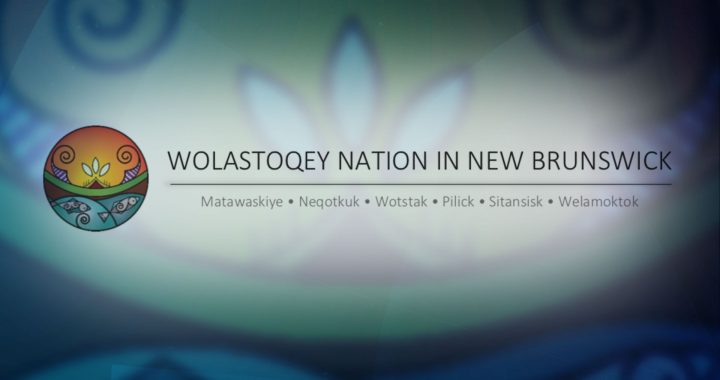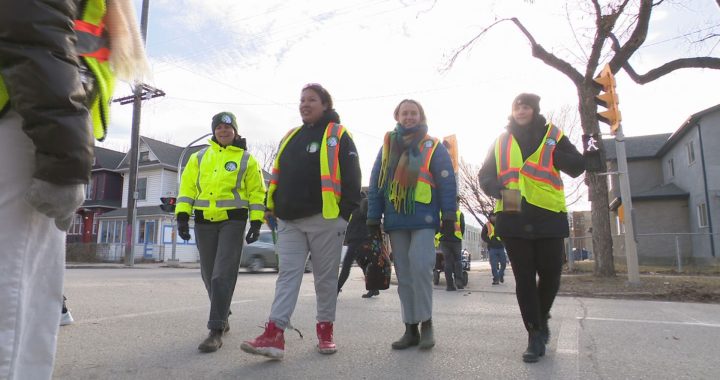The Canadian Press
SAINT JOHN, N.B. – Mi’kmaq communities in New Brunswick say they remain “deeply concerned” about the effect the proposed Energy East pipeline will have on their Aboriginal and Treaty rights.
Chief George Ginnish, of the Eel Ground First Nation, made the comment on behalf of nine Mi’kmaq communities at the National Energy Board hearings in Saint John, N.B., Wednesday.
Ginnish says the communities are concerned about the impacts on watersheds and water crossings as well as on traditional fisheries and on species such as Atlantic salmon.
He says there are also concerns about increased tanker traffic in the Bay of Fundy.
Ginnish says unless those concerns are “meaningfully addressed,” the Mi’kmaq will not consent to the pipeline crossing its territory.
Officials with Energy East say they are committed to ongoing consultations with First Nations groups in order to address their concerns.
The hearings are taking place as Environment Minister Catherine McKenna urged Canadians to have confidence in the evaluation process of large-scale energy projects like Energy East.
McKenna declined to comment directly on new revelations surrounding the National Energy Board, the body responsible for conducting consultations on TransCanada’s proposed pipeline project.
The National Observer revealed last week that the NEB’s chairman and two of its commissioners met with ex-Quebec premier Jean Charest in January 2015 while he was acting as a consultant to TransCanada.
The NEB, which initially denied the meeting had taken place, apologized to the online news site and called it an honest mistake.
NEB spokesman Craig Loewen said there was no ill intent behind its initial denial.
The federal regulator had asked to meet with Quebec representatives from a wide range of groups: municipal associations, chambers of commerce, mayors and a former premier.
The exercise was in an effort to learn how to engage with the province, said Marc-Andre Plouffe, an NEB director at its Montreal office.
Plouffe said the board wasn’t aware of any ties Charest had with any particular company.
With the board’s credibility under fire, McKenna told a news conference in Halifax that Canadians must have faith in the system.
“We must have confidence in our system, we must have confidence in our institutions, and we must ensure we have decisions that are independent,” McKenna said, adding the Liberal government is committed to reviewing the environmental assessment process rigorously.
A spokesman for Charest at McCarthy Tetrault law offices where he works was unavailable for comment Tuesday.
NEB hearings began Monday in New Brunswick with promoters of the Energy East project reassuring the public about the safety of the 4,500-kilometre pipeline that would see crude oil transported from Alberta to Eastern Canada.
Hearings move to Montreal from Aug. 29 to Sept. 2 and to Quebec City from Oct. 3 to 7.
The board must submit its report by March 2018 after which the federal cabinet will have the final say on the project.









